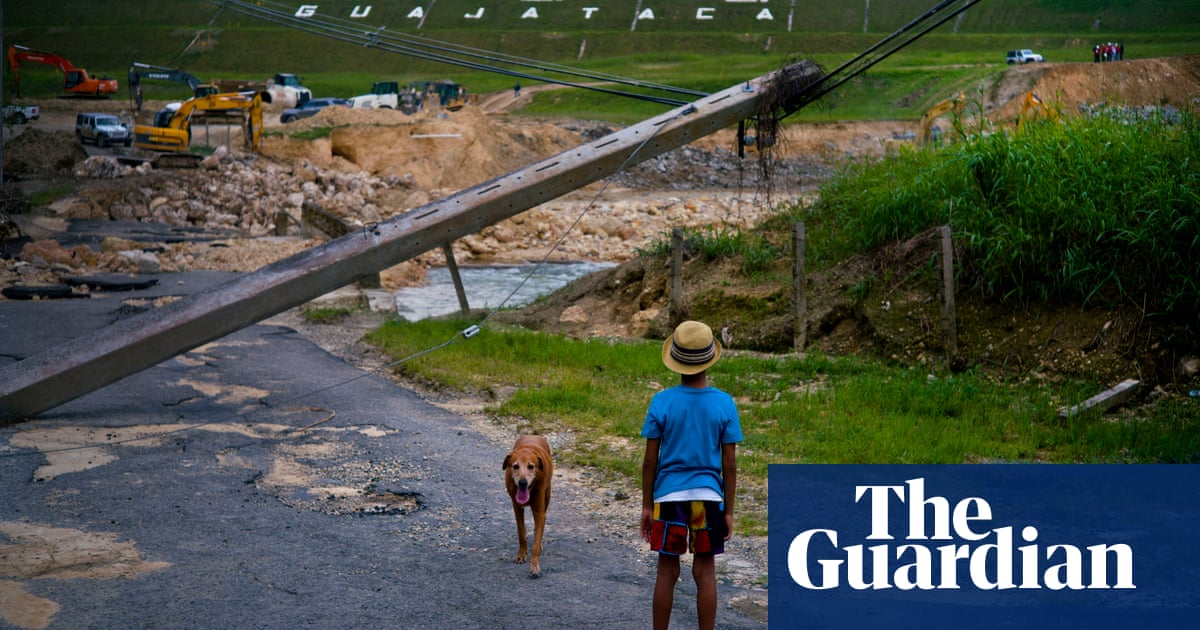Keir Starmer’s planning bill has been criticised by the environment watchdog, which has warned that the draft of the legislation would remove safeguards for nature and put protected sites at risk.
Currently, laws that protect habitats and nature are derived from EU legislation. Since the UK left the bloc, it has been able to weaken these laws that protect specific species and habitats.
The planning and infrastructure bill going through parliament overrides EU-derived specific habitat protections, and asks instead for general environmental improvement when developers build houses. The bill also allows housebuilders to pay into a nature restoration fund to improve habitats on another site, which could be anywhere in the country, rather than avoiding disturbance to nature where they are building.
The bill aims to boost economic growth by removing “red tape”, making it easier to build homes and other infrastructure. But nature organisations have warned it puts nature at risk.
The environment minister Mary Creagh this week complained that criticism of the bill was “deeply misleading” and that it was a “win-win for people and for nature recovery”.
But according to Dame Glenys Stacey, the chair of the Office for Environmental Protection (OEP), the bill will weaken environmental protections. “There are fewer protections for nature written into the bill than under existing law. Creating new flexibility without sufficient legal safeguards could see environmental outcomes lessened over time. And aiming to improve environmental outcomes overall, whilst laudable, is not the same as maintaining in law high levels of protection for specific habitats and species.
“In our considered view, the bill would have the effect of reducing the level of environmental protection provided for by existing environmental law. As drafted, the provisions are a regression.”
The watchdog has called for the bill to be strengthened and for safeguards of protected nature sites to be included. It warns that under this bill, conservation measures would be allowed to be located away from the protected sites affected by development. Presently this is allowed only in limited circumstances and where the protected site network is protected, but, the OEP said such safeguards are absent from the bill.
The Guardian revealed this week that housing developers will be able to build on once-protected green spaces without having to replace the loss of nature in the nearby areas. New nature areas, parks and community gardens created to offset the removal of green spaces to make way for housing developments may not even have to be in the same county.
Environmental experts have called for the bill to be amended. Ali Plummer, the policy director at Wildlife and Countryside Link, said: “When the government’s own watchdog brands the planning and infrastructure bill environmental regression, ministers can’t ignore it. The bill is a clear watering down of protections but there is still time to amend it, resulting in wins for both development, communities and wildlife.
after newsletter promotion
“England deserves policies that raise the bar for nature and neighbourhoods nationwide, not roll it back. Now is the time for the government to recognise the problems with the bill and get it back on track.”
Alexa Culver, legal counsel at RSK Biocensus, said: “This opinion exposes government’s willingness to mislead the public to drive through environmentally and economically harmful policy. This dangerous bill needs to be halted, for normal due process, broad and wide consultation, impact assessment and pilots. Bulldozing this bill through isn’t winning votes, and isn’t helping our economy, or our environment.”
Defra has been contacted for comment.

.png) 11 hours ago
6
11 hours ago
6













































